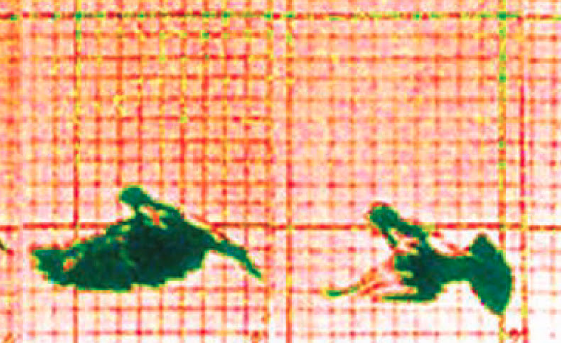The Book of a Hundred Hands
by Cole Swensen
University of Iowa Press, $16 (paper)
If half of contemporary poetry’s readership is of the opinion that book-length works on a specific theme, such as Bryan Dietrich’s Krypton Nights (a treatment of the Superman mythos) or Dan Beachy-Quick’s Spell (a reimagining of Moby-Dick), tend to exhaust their possibilities somewhere around page 20, it might be fair to assume that the other half considers these “projects” to be the very portal through which an artist makes her way to great art. In The Book of a Hundred Hands, the ever-investigatory Cole Swensen considers the human hand and delivers no fewer than 100 takes on it, from its prehistory to its depiction in contemporary painting. But as a wheel’s spokes might be thought of as arriving at the hub as well as departing from it, so for Swensen understanding the hand is equal to forgetting what habit has always told her is true. She therefore asks seemingly obvious questions about aspects of the hand more commonly understood in practice (how it appears, how it moves, and what its functions are) instead of only seeking out the rare and esoteric. Swensen recovers the counterintuitive impulse to detach herself from her own experience with the hand, suspending her belief that she is never physically severed from it so that she may marvel at its beauty and its function: “Begin by sweeping the hand around from the back / in a wide arc; you can, in this way, imply everything in sight.” One cannot help but do the same with this book. It not only illuminates the hand per se but also serves to illustrate the hand’s necessary relevance to countless other objects and ideas, a relational dynamic not unfamiliar to the lecturer Alphonso Lingis, from whose work Swensen has drawn. Lingus suggests that the world is made up of numerous self-contained and mutually external levels to which humans must adjust their perceptions and ideas, an approach Swensen follows here with characteristic perfection and dazzling effect.







